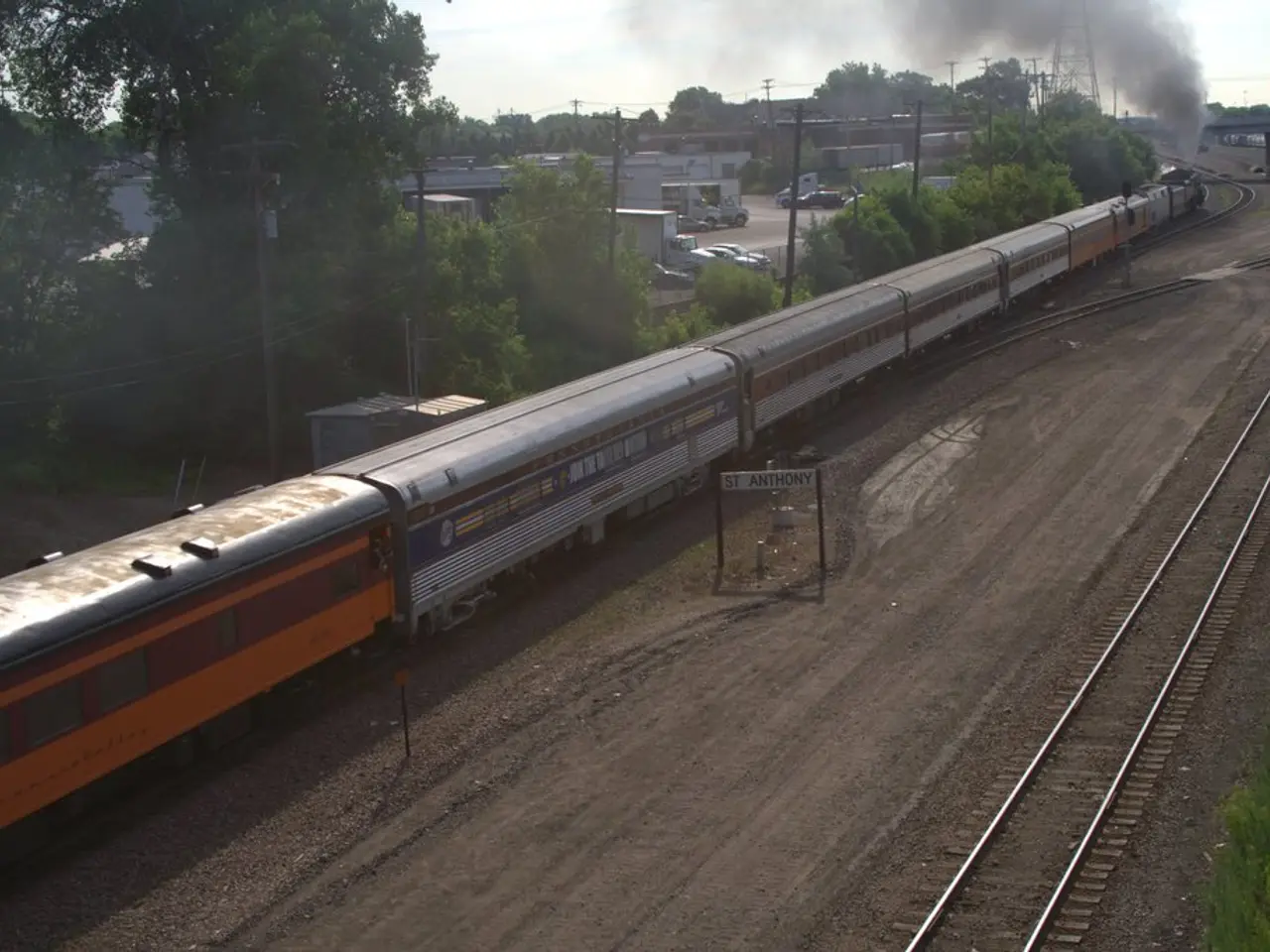NRW's Climate-Neutral Goal Faces Chemical Industry Opposition
North Rhine-Westphalia's (NRW) ambitious plan to become Europe's first climate-neutral industrial region by 2045 faces opposition from the chemical industry. The industry argues that the emissions trading system's certificate policy puts NRW at a competitive disadvantage globally.
In 2022, the NRW state government unveiled its bold goal to achieve climate neutrality. However, industry trust in the political transition plans has waned, with many doubting the feasibility of the goal at its announcement and even more so by autumn 2025.
NRW, a national leader in wind energy expansion, has seen strong growth since approving over 240 new wind turbines in the first quarter of 2025. Despite this progress, the chemical industry opposes the emissions trading system's certificate policy, claiming it hinders NRW's competitiveness.
Political parties have differing views on the issue. The Green Party, while recognizing the emissions trading system's role in modernizing industry, is open to adjusting the reduction path to give companies more time to adapt. Meanwhile, the Free Democratic Party (FDP) is considering extending the allocation of free certificates to support industry and employment, potentially positioning itself as a future government partner in Düsseldorf.
The chemical industry's opposition to the emissions trading system's certificate policy could complicate NRW's plans for a climate-neutral future. Political parties' differing stances on the issue may shape the region's industrial transition in the coming years.
Read also:
- American teenagers taking up farming roles previously filled by immigrants, a concept revisited from 1965's labor market shift.
- Weekly affairs in the German Federal Parliament (Bundestag)
- Landslide claims seven lives, injures six individuals while they work to restore a water channel in the northern region of Pakistan
- Escalating conflict in Sudan has prompted the United Nations to announce a critical gender crisis, highlighting the disproportionate impact of the ongoing violence on women and girls.






